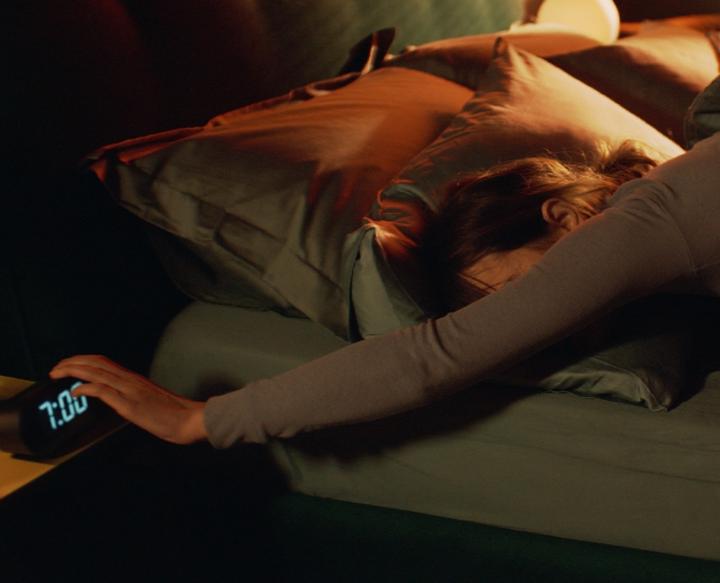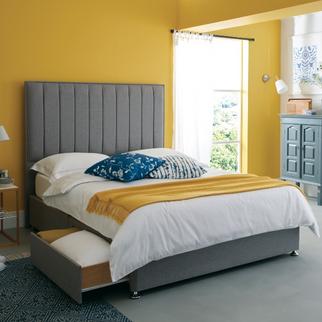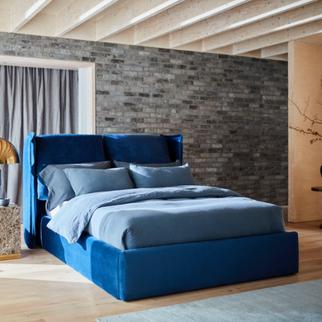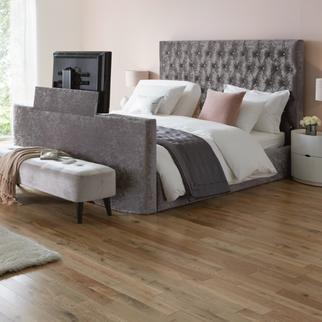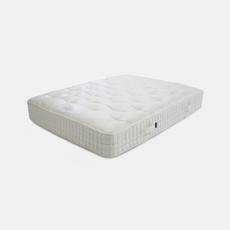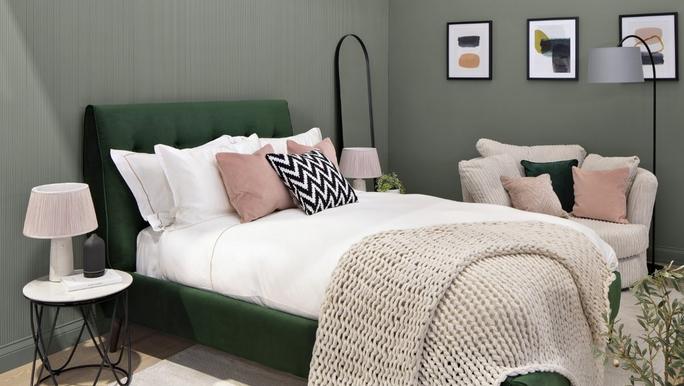
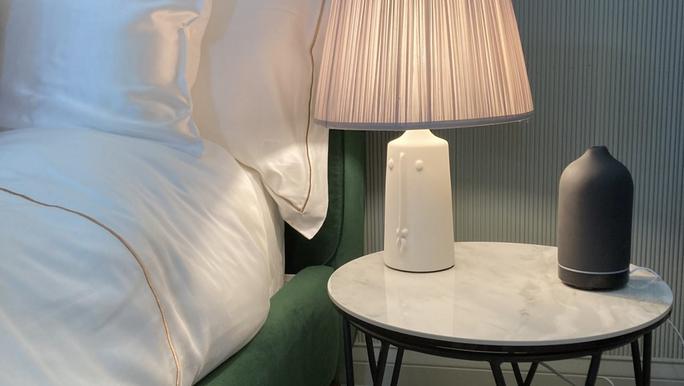

How to Improve Your Sleep Quality
We have teamed up with Anne Marie Boyhan, sleep expert at The Sleep Care Co. to give us some tips on how to improve the quality of your sleep.
Sleep is a foundational pillar of health. Proper rest isn’t a luxury, it’s a necessity. That’s why it’s important to focus on habits that prioritise and support good quality sleep.
There is so much advice out there on what a great sleep routine is however I am an advocate for science-backed tips, ones where there have been studies done to prove it. These are indicated for each section using the number of the study, quoting a PMID reference and if you’d like to dig deeper into any of the interesting sleep studies, simply search for the PMID reference number on the NIH National Library of Medicine website.
Tips to Improve Your Sleep
Seeing as we spend approximately one-third of our lives asleep, the first tip is to invest in a great quality beds and mattresses.
After that, it’s about setting up your bedroom’s environment for sleep success. For example, light has a huge influence on one’s sleep quality so it’s important to avoid exposure to blue light at night and get as much natural light as possible during the day.
Sleep in a pitch-black bedroom. Use blackout blinds or wear an eye mask to block any light from getting in.
No blue light (from screens) one hour before bed. Set an alarm on your phone to turn it off at least one hour before bedtime. If you must look at a screen in the evening, then wear a pair of blue-light blocking glasses.
Ensure you get plenty of natural light during the day, especially before 10 am. This tells your circadian rhythm that everything is in check and boosts the production of our sleep hormone, melatonin.
Melatonin (our sleep hormone) production is highest between 2-4 am. To avoid looking at your phone during the night, place it out of your room or away from your bedside table. If you must use your smartphone as an alarm clock, then place it on the far side of the room. Even better, choose an old fashioned alarm clock instead.
Avoid late evening exercise
While it’s a great idea to exercise daily (as this contributes to better quality sleep, by increasing time spent in deep sleep – the most physically restorative sleep phase), research has proven that late evening exercise can keep you awake! Not only that, but it can impact your sleep the following evening too.
Exercising too close to bedtime leaves you feeling energised and stimulated, raising your body temperature for about four hours post-exercise. This physical reaction can delay sleep. That’s because, as your body prepares for sleep, you experience a drop in core body temperature. This begins late afternoon and contributes to you feeling sleepy.
Exercising too close to bedtime reverses this natural drop in body temperature and keeps you awake. It’s a good idea to avoid everything bar light exercise (yoga, a stroll after dinner) three to four hours before bedtime.
Tip: Exercise during the day - try exercising before work or at lunchtime.
Create a ritual with a bedtime routine
A bedtime routine is a set of activities you perform every night, in the same order, from a half-hour to an hour before you go to sleep. Research shows that these bedtime routines, when you stick to them, not only help sleep quality but reduce the risk of sleep disorders, like insomnia.
Not only that but as part of our sleep-wake cycle, our brain starts winding down for sleep a few hours before bedtime. Our bedtime routine helps to make this process more effective.
To improve your bedtime routine, create a buffer time to separate your ‘day’ (your work or daytime activities) from your ‘sleep time’. To find your ideal sleep routine, try out different activities until you find ones you like, maybe with products that you look forward to using.
Activities that you could implement into your nightly routine include:
Writing a gratitude list
Listening to a podcast
Journaling or writing tomorrow’s to-do list
Reading a book
Listening to a body scan meditation
Having a hot bath
Diffusing some essential oils
Removing your makeup
Brushing your teeth
Getting into bed is then the last thing you do before going to sleep. The important thing is that you carve out this buffer time of 30 mins to 1 hour for your nightly routine. It signals to our brain that we are winding down to sleep - essentially it’s the equivalent of a bedtime story for adults.
Tip: Decide on a set bedtime and wake up time, and stick to them as much as possible. This consistent sleep routine trains our brain to naturally feel tired come bedtime.
Are you looking for a new bed to completely refresh your sleep sanctuary? Check out our range of beds and mattresses at DFS. Pictured in this article is the DFS Dayna lamp table and French Connection Zinc bed in Forrest Green velvet, a selection of scatter cushions and the Crosby Swivel chair.
